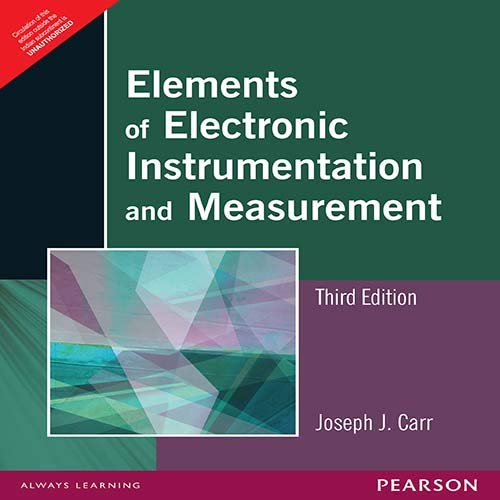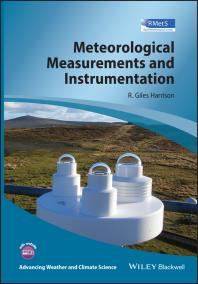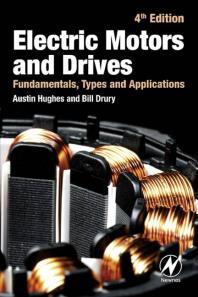
 A course in electrical and electronic measurements and instrumentation
by
A course in electrical and electronic measurements and instrumentation
by
 Introduction to measurements and instrumentation
by
Introduction to measurements and instrumentation
by
 Modern electronic instrumentation and measurement techniques
by
Modern electronic instrumentation and measurement techniques
by
 Elements of electronic instrumentation and measurement
by
Elements of electronic instrumentation and measurement
by
 Electronic measurements and instrumentation
by
Electronic measurements and instrumentation
by
 Elements of electronic instrumentation and measurement
by
Elements of electronic instrumentation and measurement
by
 Electronic measurements and instrumentation
by
Electronic measurements and instrumentation
by
 Modern Electronic Instrumentation and Measurement Techniques
by
Modern Electronic Instrumentation and Measurement Techniques
by





